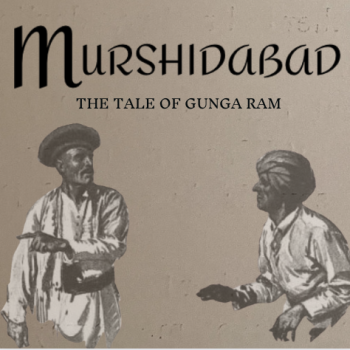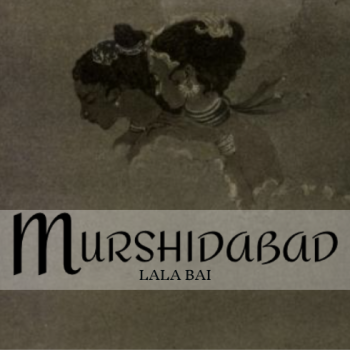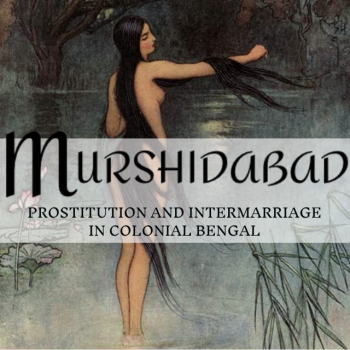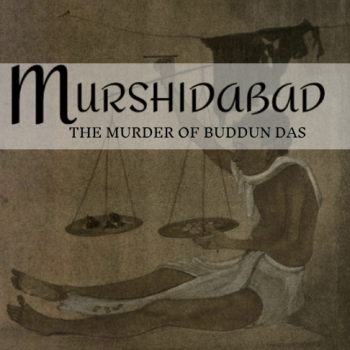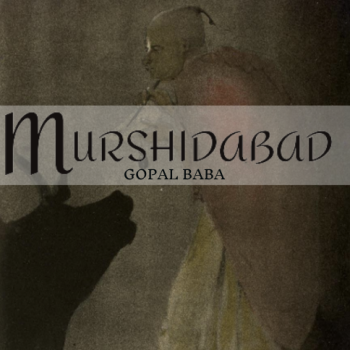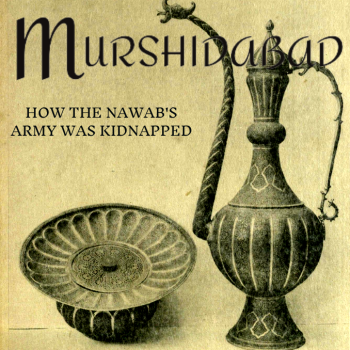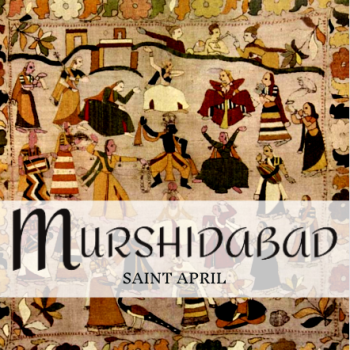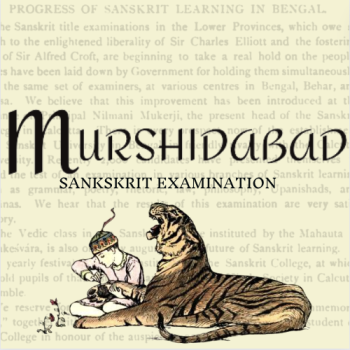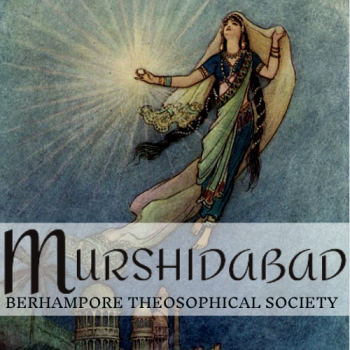THE TALE OF GUNGA RAM Charles Johnston. May 20 1889. When the lesser rains began to sputter in the dust, things had already gone far with Gunga Ram. The peaceful tenor of his life had given way to troublous days.[1] He might look back, but could no more go back, to the time when he was a happy Brahmin zemindar a landowner in the village of Belgaon, in the metropolitan district of Murshidabad. His wealth consisted of undivided quarters... Read more


